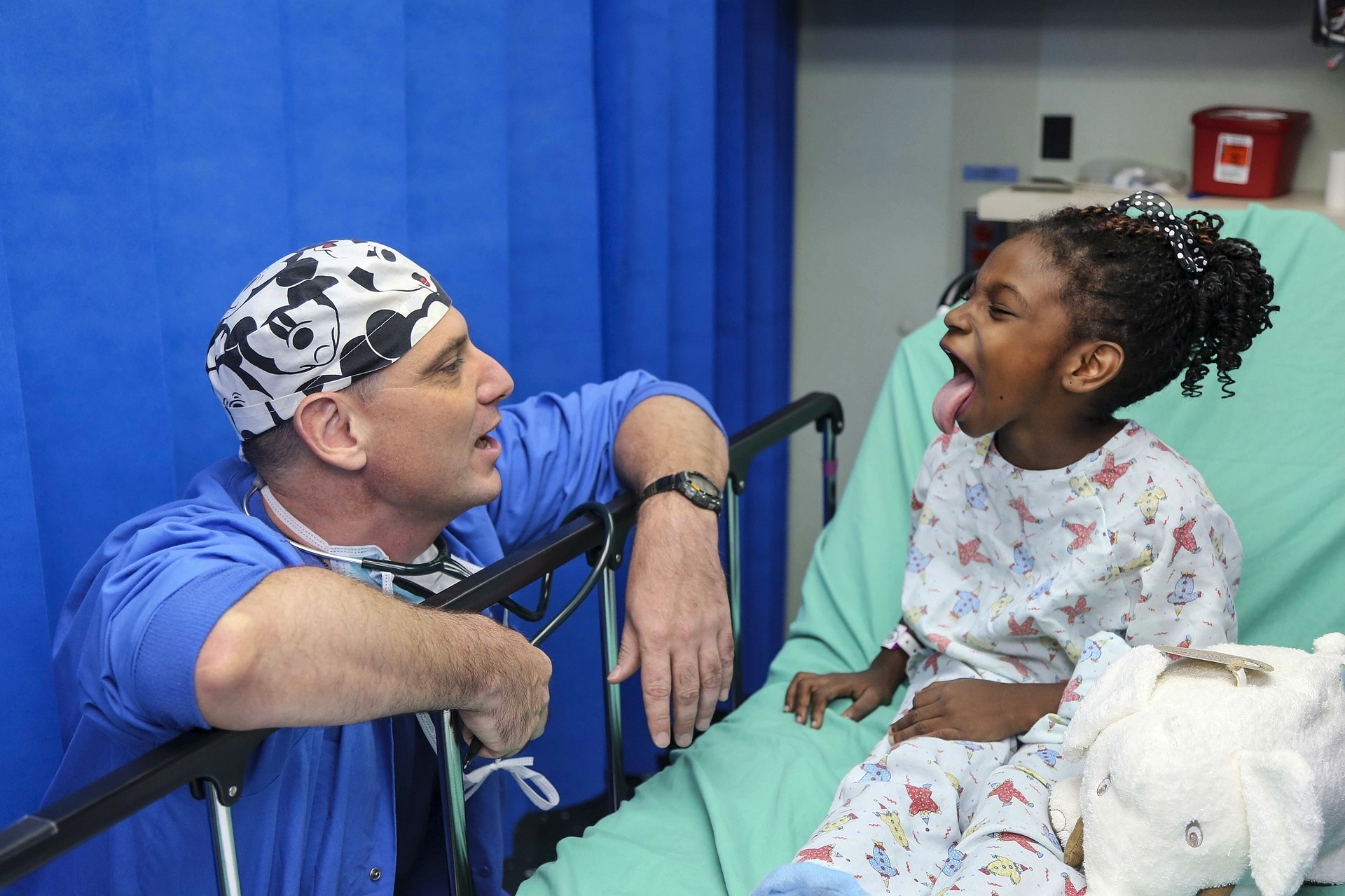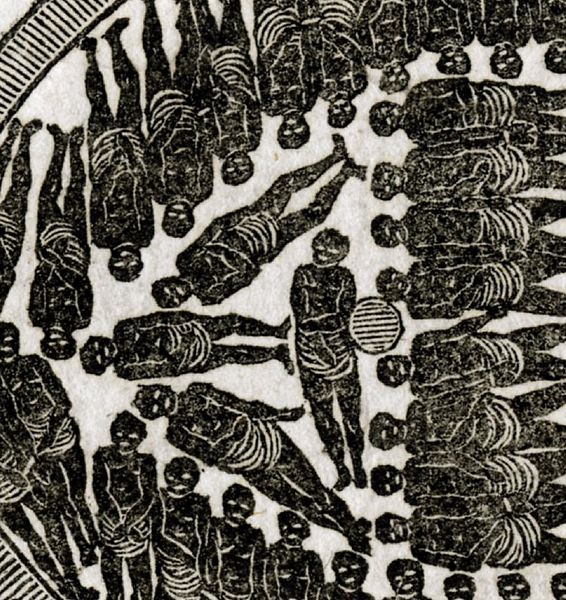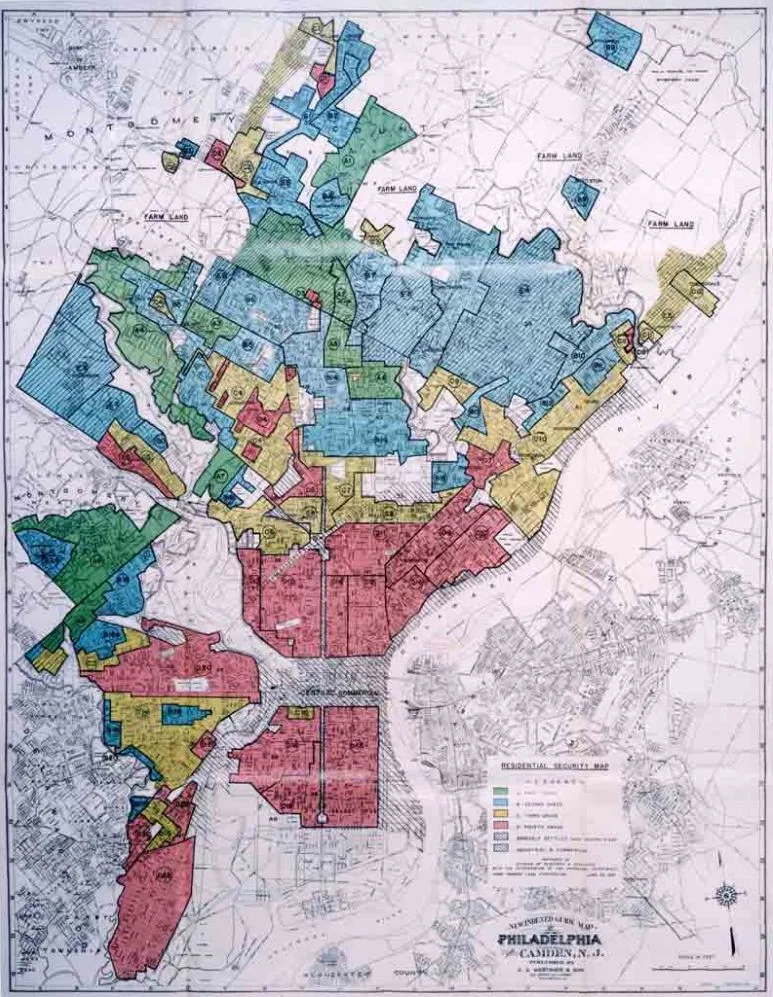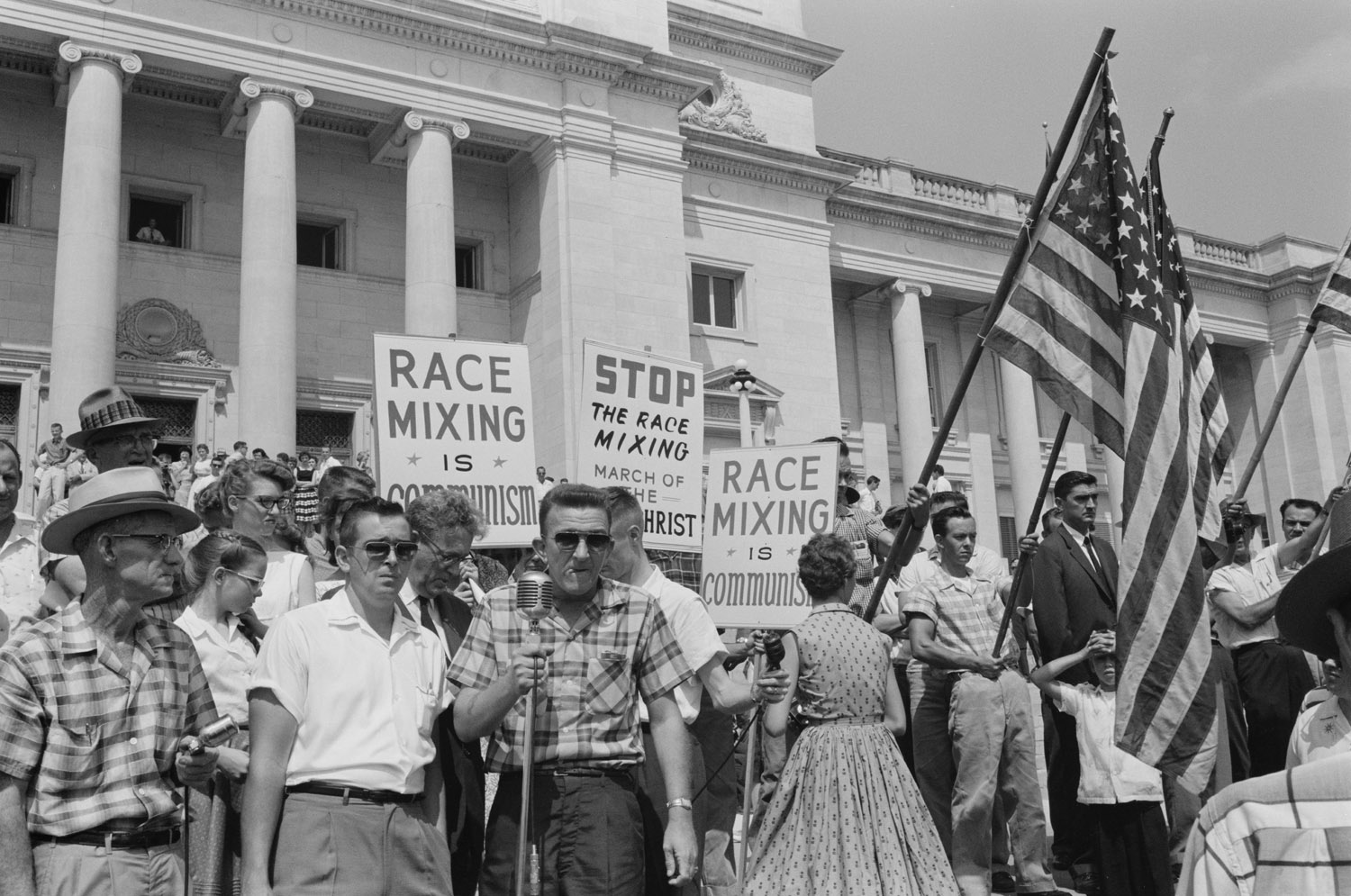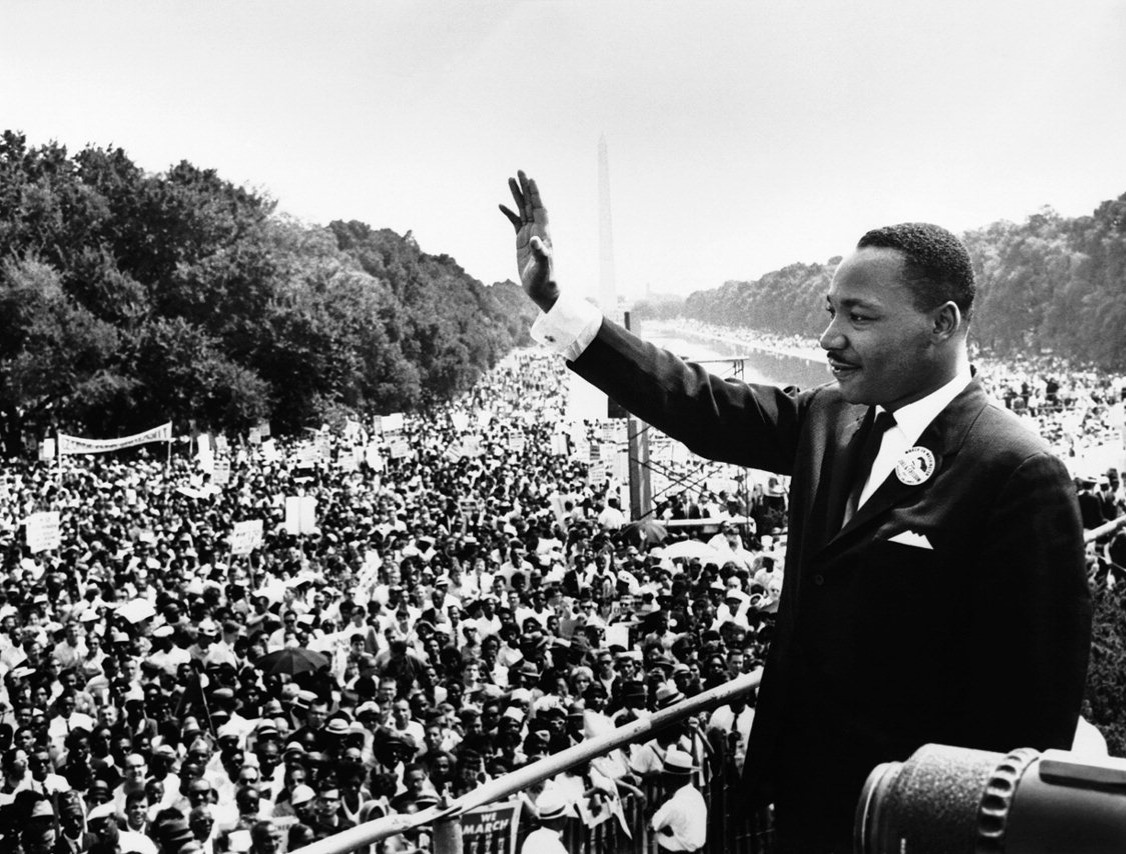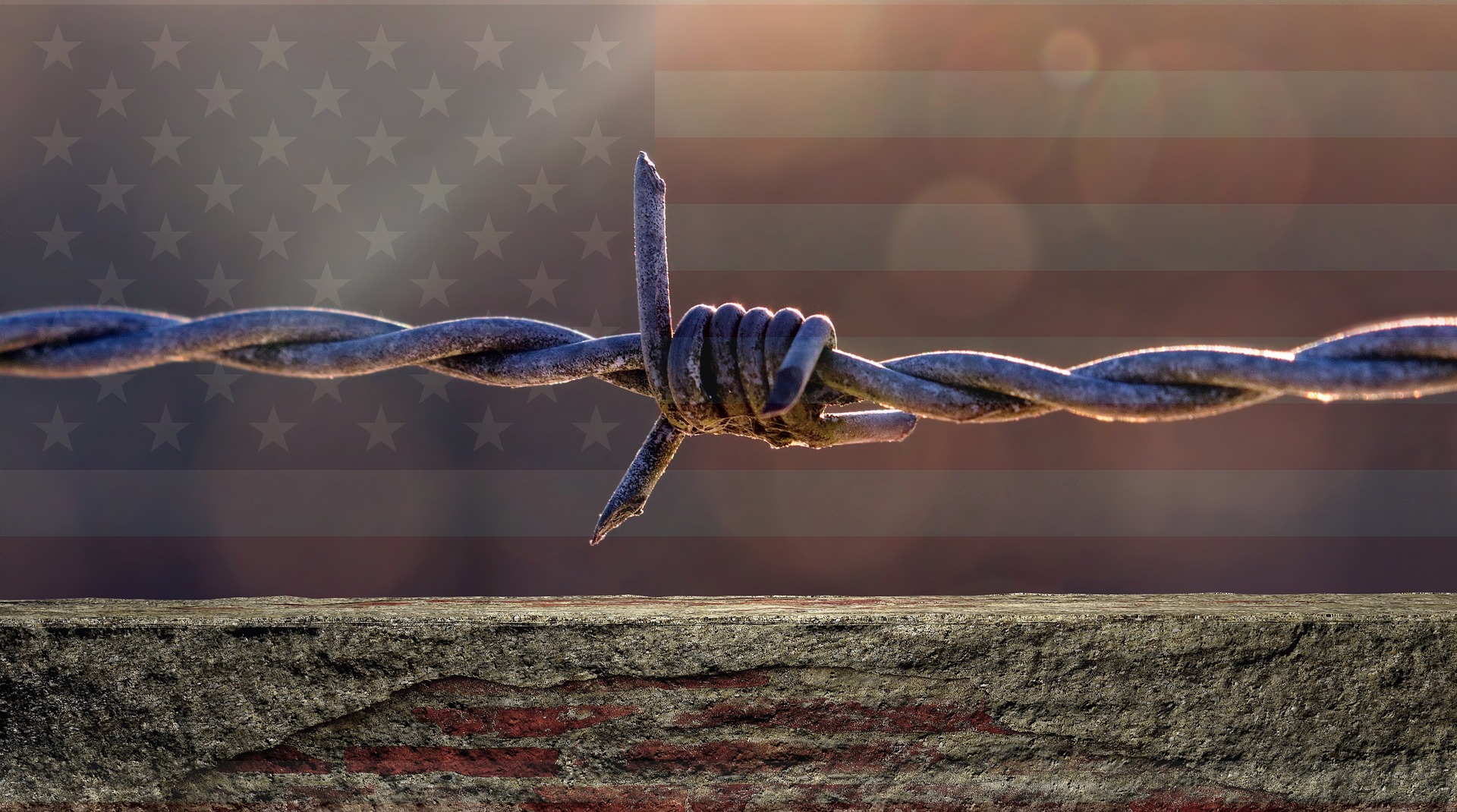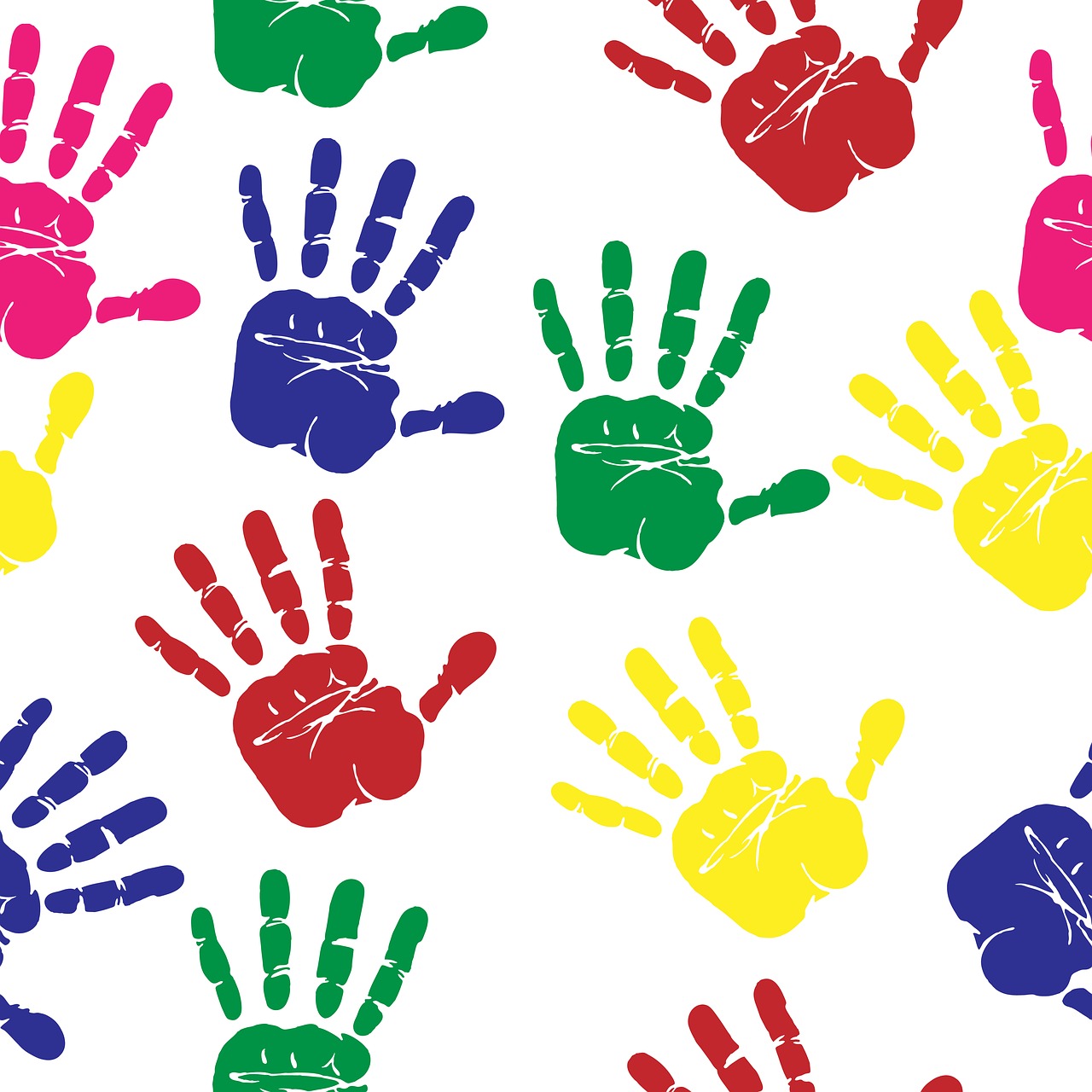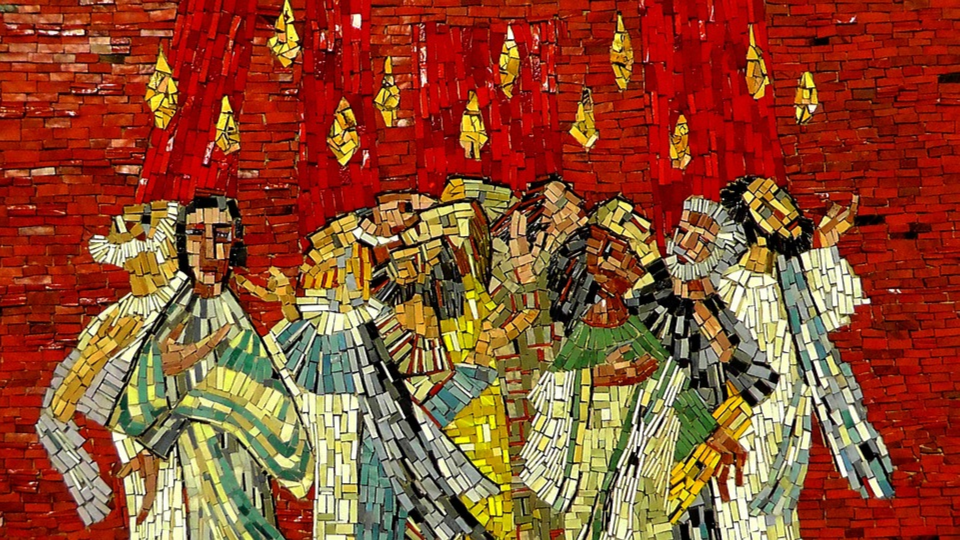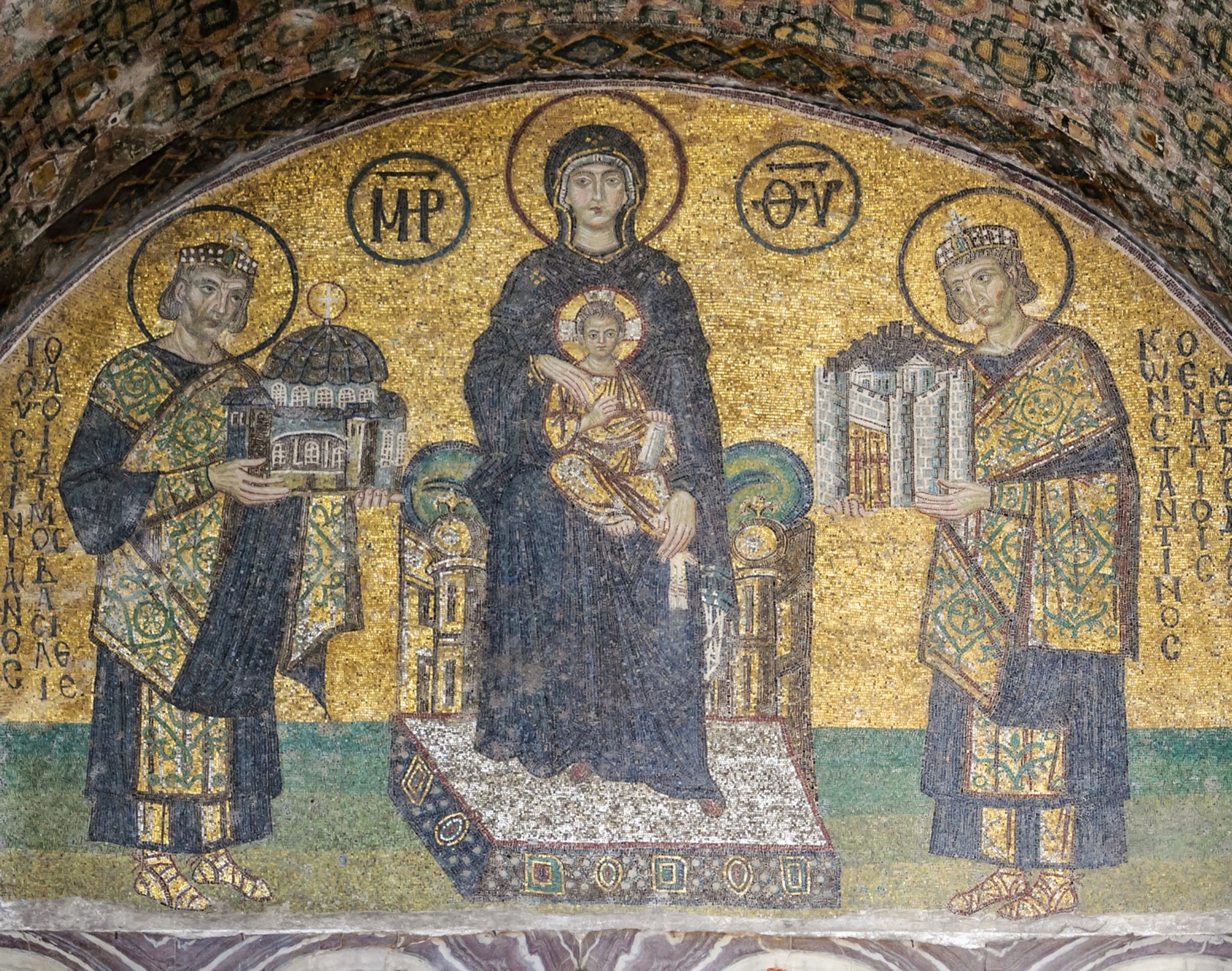Race and Health Disparities: Epigenetics
Photo credit: Geralt | Pixabay.
Introduction
The following resources explore how people’s health is impacted by epigenetic racial trauma across generations.
Conversation Stations
These are the images used in artistic physical displays. They are survey questions and conversation starters that are topically and thematically organized. They demonstrate how Jesus is relevant to each topic or theme. You can also just view the images on your device. If you would like, see all our Conversation Stations; below are the ones that relate to the topic of Race.
Whose Justice? (and instructions and Christian Restorative Justice Study Guide)
Whose Justice? for Harvard Law School
Is a Good Friend Hard to Find? (and instructions and conversation tree)
What Can We Do About Evil? (and instructions and conversation tree) and smaller version and brochure version
Que Podemos Hacer Sobre La Maldad? for the Asociacion Dominicana de Estudiantes Evangelico, 2014
Does the Good Outweigh the Bad? (and instructions)
Race What's the Problem? (and instructions) and brochure version
Other Resources on Health Disparities and Epigenetics
Shannon Sullivan, Inheriting Racist Disparities in Health: Epigenetics and the Transgenerational Effects of White Racism. Critical Philosophy of Race, 2013.
Dan Hurley, Grandma's Experiences Leave a Mark on Your Genes. Discover Magazine, Jun 11, 2013.
Janeen Interlandi, The Toxins That Affected Your Great-Grandparents Could Be In Your Genes. Smithsonian Magazine, Dec 2013.
Richard Gray, Phobias May Be Memories Passed Down in Genes From Ancestors. Telegraph UK, Dec 1, 2013.
Janell Ross, Epigenetics: The Controversial Science Behind Racial and Ethnic Health Disparities. The Atlantic, Mar 20, 2014.
Emma Innes, How the Trauma of Life Is Passed Down in SPERM, Affecting the Mental Health of Future Generations. Daily Mail UK, Apr 23, 2014.
Christopher Bergland, Social Disadvantage Creates Genetic Wear and Tear. Psychology Today, Apr 15, 2014.
Michaeleen Doucleff, Mom's Diet Right Before Pregnancy Can Alter Baby's Genes. NPR, Apr 29, 2014.
Judith Shulevitz, The Science of Suffering: Kids Are Inheriting Their Parents' Trauma. Can Science Stop It? New Republic, Nov 16, 2014.
Sound Medicine, Childhood Trauma Leads to Brains Wired for Fear. Sound Medicine News, Feb 3, 2015.
Allison Eck, Stress from Poverty Decreases Child Brain Sizes - Even at Birth. PBS, Mar 31, 2015.
Trace Dominguez, How Poverty Changes Your Brain. Test Tube video, Apr 22, 2015.
Larry Wallack and Rachael Banks, Video: Epigenetics and Equity: The Health and Social Impacts of Racism and Inequality. Berkeley Studies Media Group, May 15, 2015.
Debra Kain, Researchers Find Missing Link Between Brain and Immune System. Neuroscience News, Jun 1, 2015.
Alma Carten, How Slavery’s Legacy Affects the Mental Health of Black Americans. New Republic, Jul 27, 2015.
Helen Thomson, Study of Holocaust Survivors Finds Trauma Passed on to Children's Genes. The Guardian, Aug 21, 2015.
Big Think Editors, Why Black Mental Health Is Different From White Mental Health. Big Think, Aug 26, 2015.
Carl Zimmer, Parents May Pass Down More Than Just Genes, Study Suggests. New York Times, Dec 3, 2015.
Mark Wolynn, It Didn't Start With You: How Inherited Family Trauma Shapes Who We Are. Science & Nonduality, Apr 28, 2016. review of his book
Rignam Wangkhang, Can Trauma Be Passed from Parent to Child? Ozy, Jul 7, 2016.
Donna Jackson Nakazawa, Childhood Trauma Leads to Lifelong Chronic Illness - So Why Isn't the Medical Community Helping Patients? ACES Too High News, Aug 10, 2016.
Michael Alison Chandler, This Doctor Pioneered a Way to Treat Stress in Children, a Startling Source of Future Disease. Washington Post, Oct 6, 2016.
Tara Garcia Mathewson, How Poverty Changes the Brain. The Atlantic, Apr 19, 2017.
Cahir O’Doherty, Confronting Three Generations of Schizophrenia on a Journey Home to Ireland. Irish Central, Aug 16, 2018. “The lingering consequences of the Famine and British colonialism, the ground zero of Irish madness.”
“In the 19th century in rural areas like Roscommon it was very common for 50-year-old men to take a teenage wife. Fears over inheritance and property laws led many so called peasant men to wed much later in life, and often this led to a match between a 18 year old and a man old enough to be her grandfather. Says Tracey, “The malnutrition and the drink are a no brainer, but it was more surprising to learn about the late paternity issue. The eldest son would inherit the potato patch when his parents passed away. He has his pick of the parish girls and – men being men – he’d often take the youngest one. Deals were done that way, not by choice but because they were being squeezed off their land by the British.” Sperm cells divide every 15 days, and by the time a man turns 50 there’s a hell of a lot of mutations. The link between paternity at 50 and schizophrenia, researchers say, is clear. “The links between famine, maternal malnutrition, late male paternity, and the stress of colonialism and its destructive nature is manifest. If a mother carried you through a famine in the early part of her pregnancy you’re more likely to be a manic-depressive. If she carried you through a famine in the latter part of her pregnancy you’re more likely to be schizophrenic… A DNA stew was cooking in the west of Ireland and it had to do with suffering. A lot of psychiatrists get carried away with their fancy book learning, but the truth can be more prosaic. You can drive people into insanity. The rates of schizophrenia fluctuate in populations but the Irish levels red lined in the 19 century.”
The Truth About Hormone Therapy (HRT) for Menopause... | The Menopause Doctor Lisa Mosconi. The Diary of a CEO, Jun 14, 2024. Black and Hispanic women have more severe symptoms of menopause.
Race and Health Disparities: Topics:
The section on Race and Health Disparities spotlight four aspects of how racism impacts people’s health and health-related experiences:
Race: Topics:
This page is part of our section on Race, which contains the following:
Church and Empire: Topics:
Race is a construct created by European colonialism. For more background, consider the Church and Empire section of our website. This section reminds us what Christian faith was like prior to colonialism, and in resistance to colonialism, to show that Christianity is not “a white man’s religion.”



